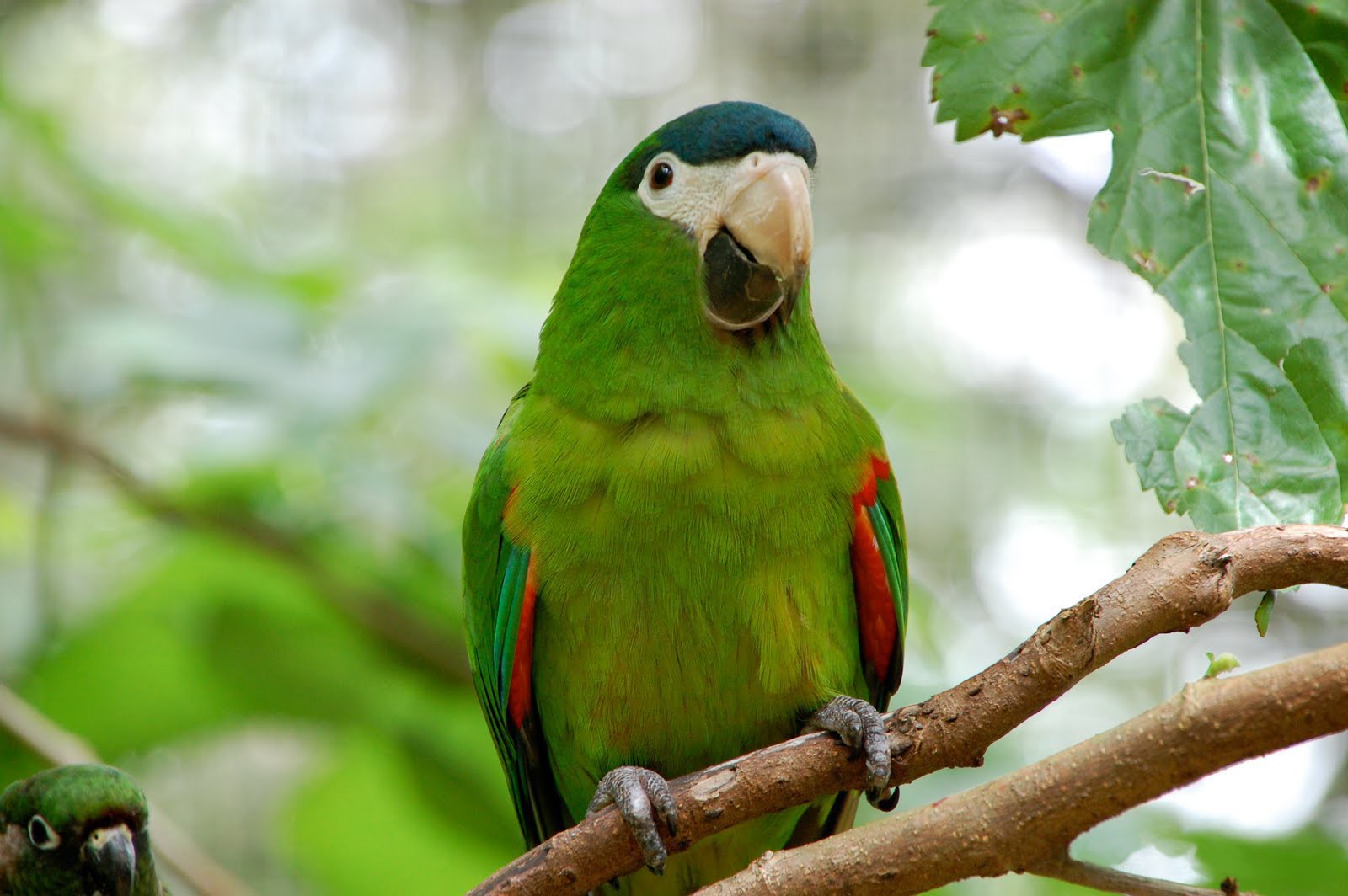
23 June 2025
The Hahn’s Macaw (Diopsittaca nobilis nobilis), often referred to as a "mini-macaw," is a captivating avian species measuring approximately 30–35cm in length. Native to northeastern Brazil and southeastern Venezuela, this subspecies is distinguished by its black upper mandible. In Australian aviculture, the Hahn's Macaw is widely represented, having been legally imported in the early 1990s. The Red-shouldered Macaw (which includes the Hahn's) is common in the wild.
Despite its smaller stature, the Hahn’s Macaw possesses all the personality of a larger macaw in a pint-sized package. They are known for interacting with their keepers and can learn to talk. Prospective owners should be aware of their boistrous voice which can be louder than a Rainbow Lorikeet's, primarily heard during mornings and afternoons, or when alarmed. Behaviorally, they are similar to larger conures.
For their well-being, Hahn’s Macaws require adequate housing. Aviaries should ideally be at least four times their wingspan in width and eight times their wingspan in length. Privacy is crucial, necessitating solid partitions between adjoining aviaries to prevent territorial disputes. A varied diet consisting of 80% vegetables and fruits and 20% pellets is recommended, with sunflower seeds given only as treats. Regular replacement of non-toxic browse and perches helps keep them occupied and prevents boredom, which can lead to feather plucking. They also enjoy bathing, benefiting from sprinkler systems or large water bowls.
Hahn's Macaws can be parent-reared, with bonded pairs typically breeding from 3–4 years of age, usually between late August and January. They are protective of their eggs and young, and parent-rearing is generally preferred over hand-rearing to allow the birds to develop natural instincts. Given their long lifespan, potential keepers should consider the significant commitment involved in their care.